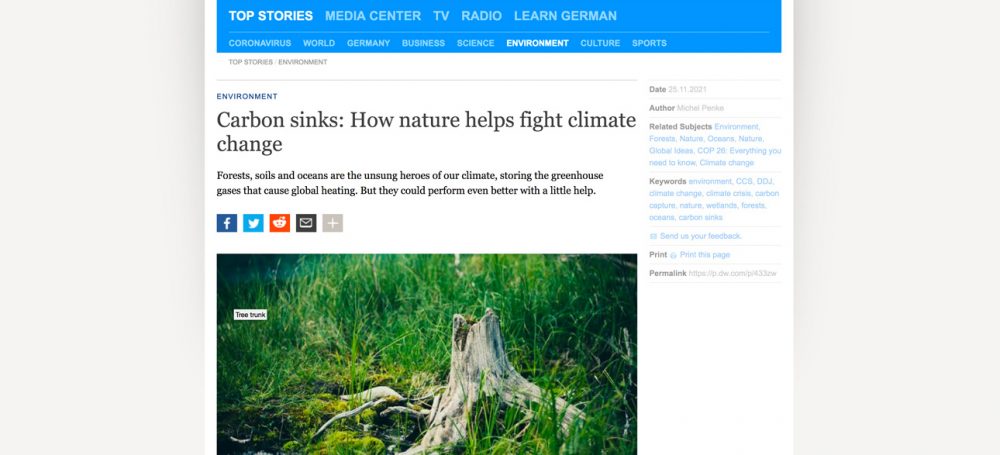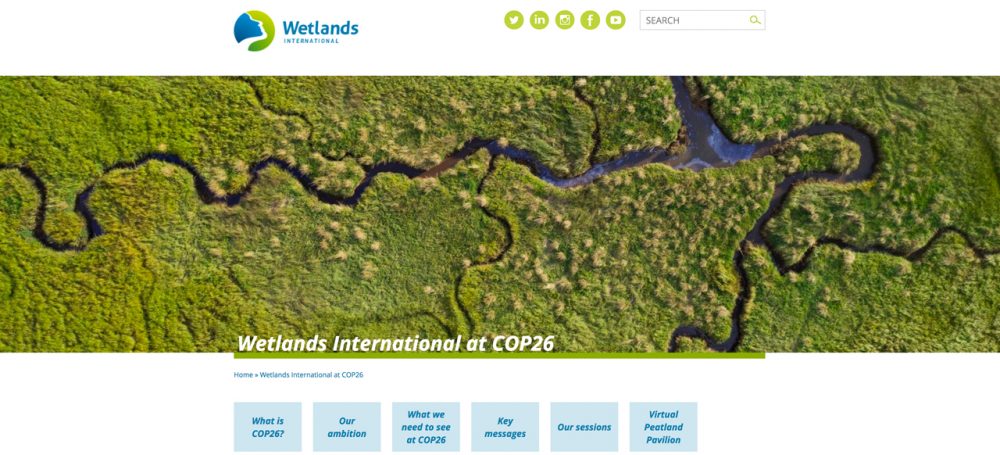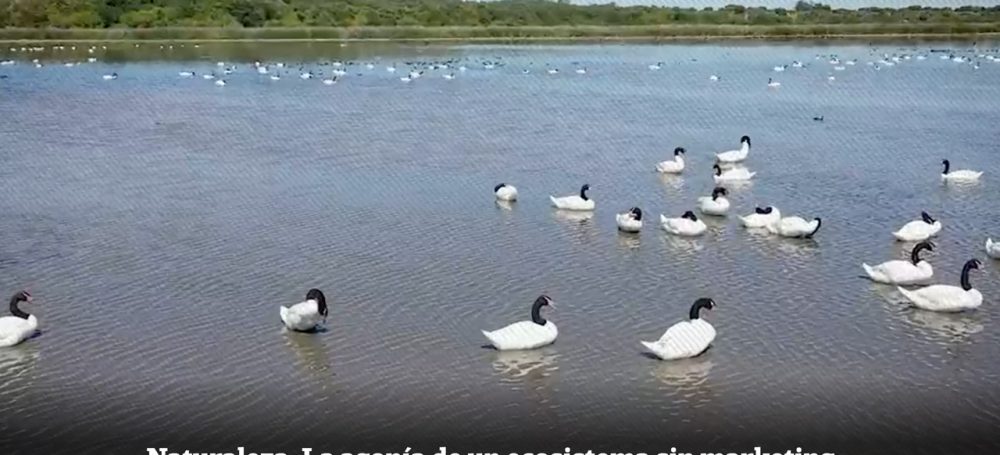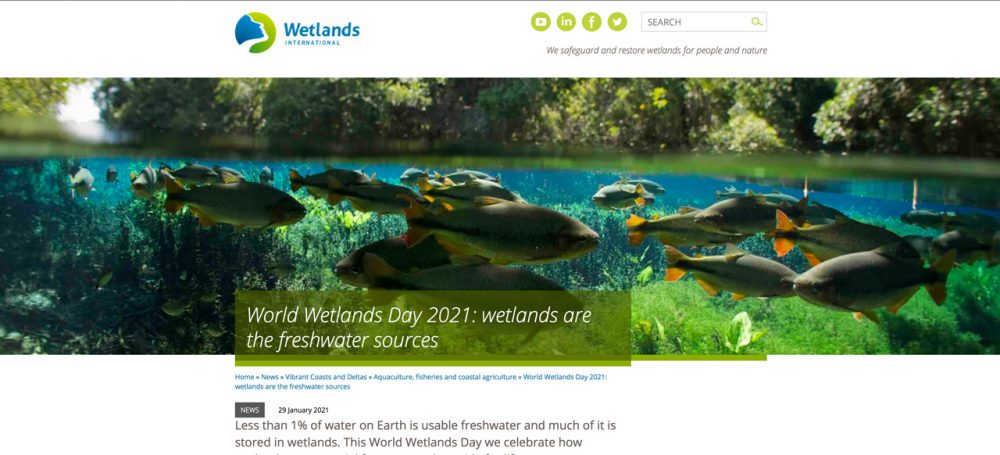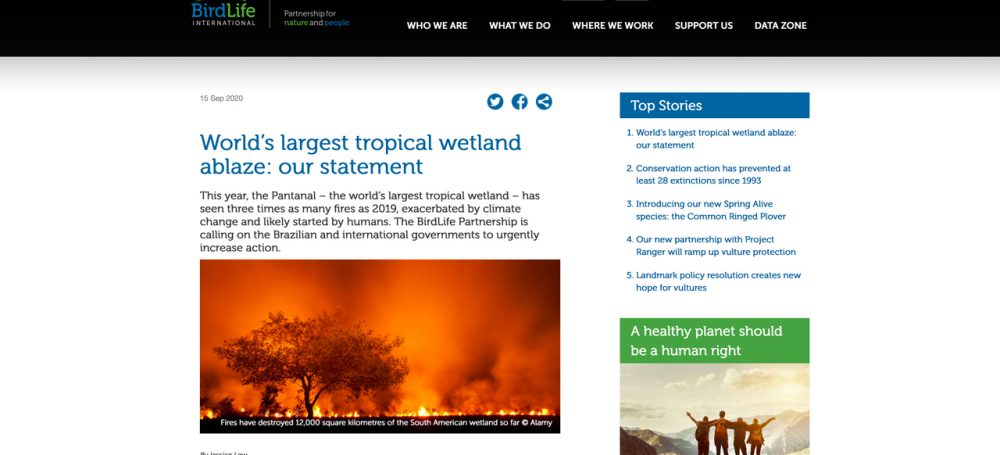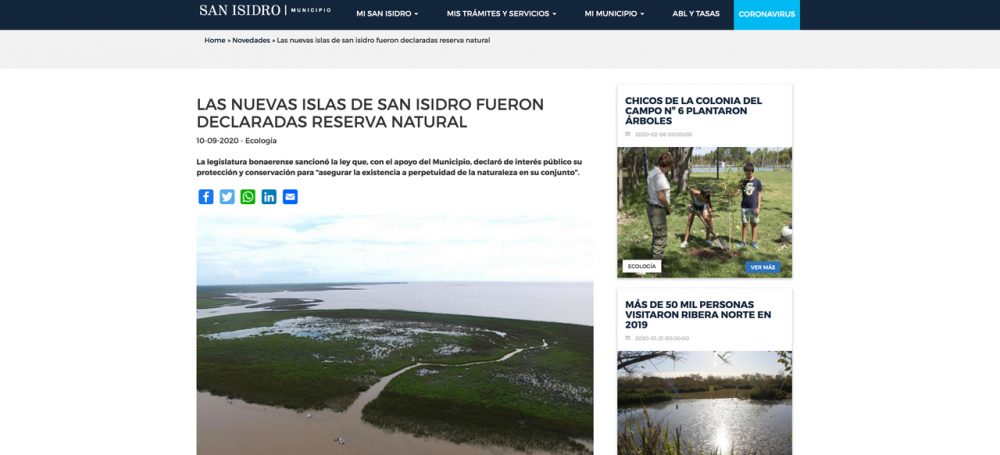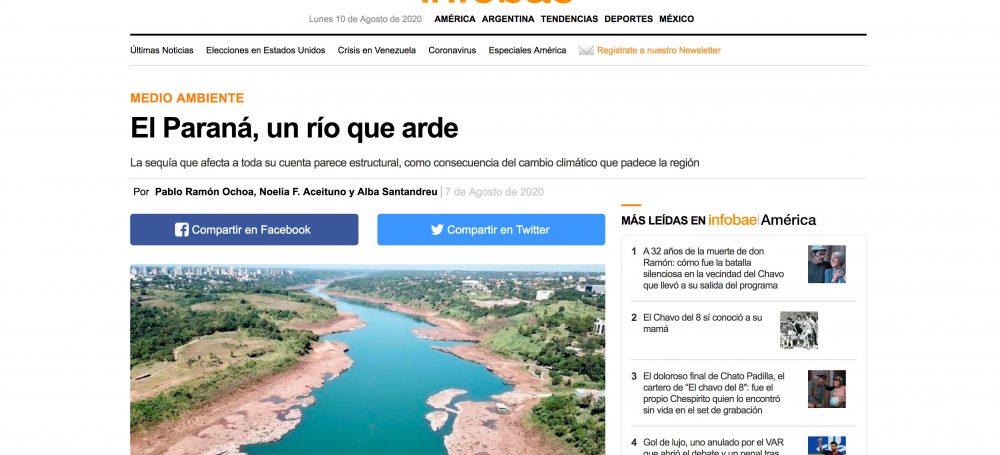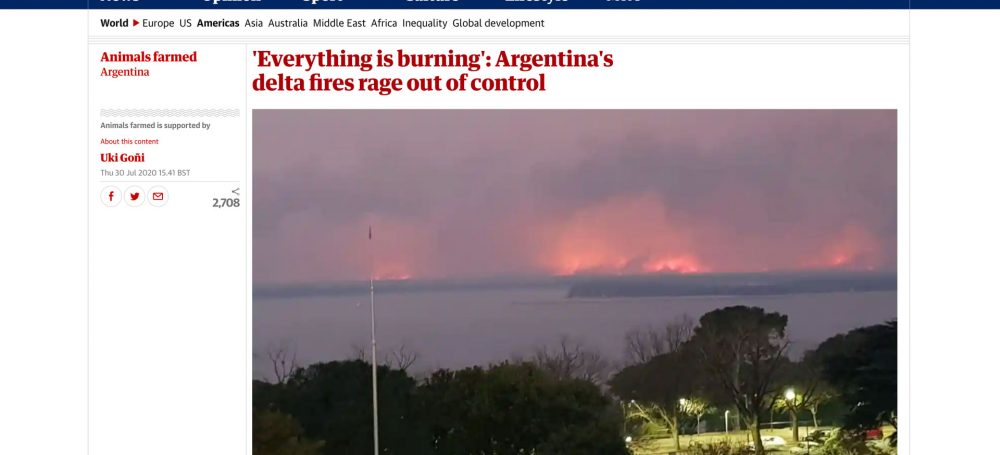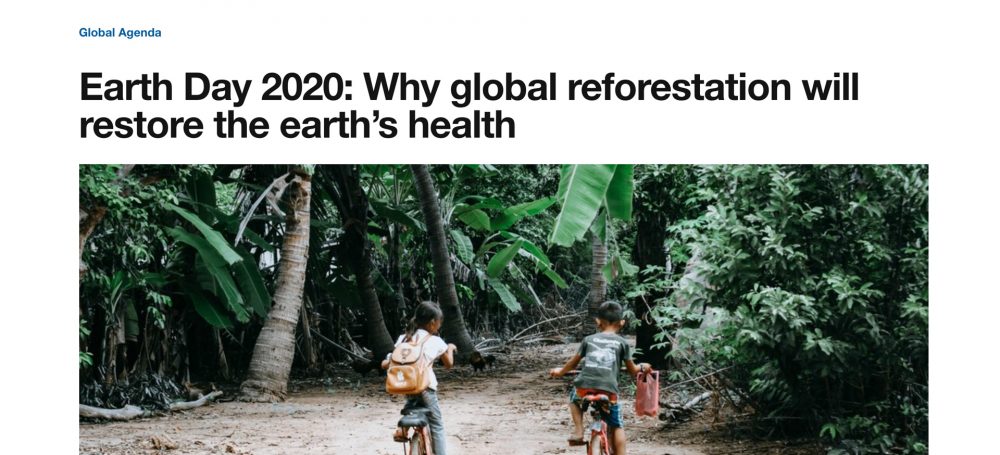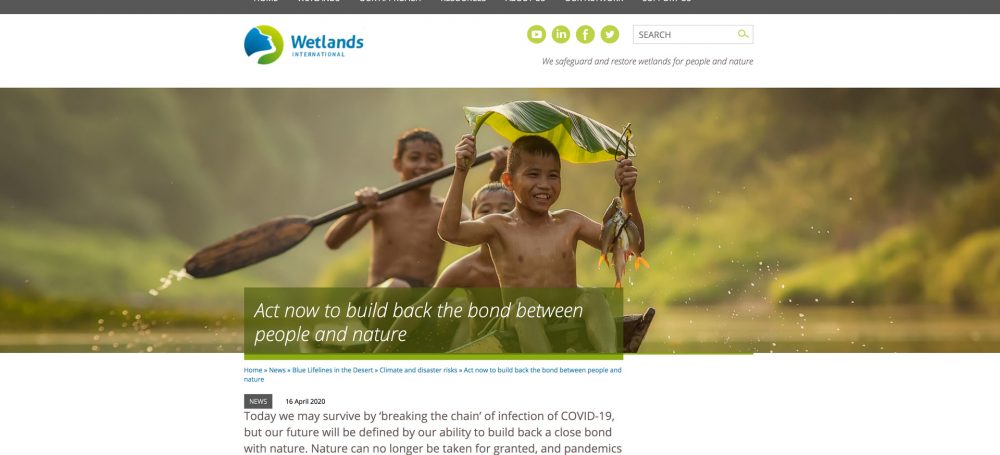Forests, soils and oceans are the unsung heroes of our climate, storing the greenhouse gases that cause global heating. But they could perform even better with a little help.
Smoking industrial chimneys, exhaust fumes, fires in the Amazon — yearly carbon emissions recently swelled to 12,000,000,000 tons (12 gigatons).And as carbon increases, so do temperatures.
Around half of emissions released remain in the atmosphere. Nature absorbs the rest, holding it in carbon sinks, such as soil, oceans and vegetation.
The 26th session of the Conference of the Parties (COP26) to the UN Framework Convention on Climate Change (UNFCCC) takes place in Glasgow, Scotland, on 31 October – 12 November 2021 to accelerate action towards the goals of the Paris Agreement and the UN Framework Convention on Climate Change.
What is COP26?
Every year, Parties to the UNFCCC meet to assess progress on the different streams of the Convention, enhance action, and agree on different rules, guidelines, implementation, among
Para Román Murzyla, la imagen fue como una foto del Apocalipsis: el cielo oscureciéndose en pleno mediodía; las llamas devorando todo a su lagunas. Vive en Villa Ocampo, una localidad de 25.000 habitantes al norte de Santa Fe a la que se conoce como “el corazón del Jaaukanigás”, por estar en el centro de ese humedal de casi 500.000 hectáreas. Para las vecinas y vecinos del lugar, hubo un antes y un después de los incendios que en 2020 pusieron en
Less than 1% of water on Earth is usable freshwater and much of it is stored in wetlands. This World Wetlands Day we celebrate how wetlands are essential for water and provide for life.
The world is facing a growing freshwater crisis that threatens people and our planet. This year’s World Wetlands Day shines a spotlight on wetlands as a source of freshwater and encourages actions to restore them and stop their loss. Wetlands are the water systems in the
This year, the Pantanal – the world’s largest tropical wetland – has seen three times as many fires as 2019, exacerbated by climate change and likely started by humans. The BirdLife Partnership is calling on the Brazilian and international governments to urgently increase action.
Last summer, the news of the burning Amazon rainforest captured mass media attention and sparked worldwide outcry. But the worrying truth is that these fires never completely went out. In fact, this year, it seems that
La legislatura bonaerense sancionó la ley que, con el apoyo del Municipio, declaró de interés público su protección y conservación para “asegurar la existencia a perpetuidad de la naturaleza en su conjunto”.
La legislatura bonaerense (Cámara de Diputados y Senado) sancionó la ley que declara a las nuevas islas de San Isidro como “Reservas Naturales Integrales.
La ley, que fue ideada por el diputado bonaerense Walter Carusso y contó con el apoyo del Municipio, declaró de interés público su
La sequía que afecta a toda su cuenta parece estructural, como consecuencia del cambio climático que padece la región.
El río Paraná se seca hasta el incendio. Su caudal, el del segundo río más largo de Sudamérica, se adolece de una sequía histórica desde su cabecera, en Brasil, también a su paso por Paraguay y, especialmente en su bajante en Argentina, donde sus aguas han dejado de ser un cortafuego y sus ahora áridas riberas están siendo devoradas por el
Cattle ranching and drought have turned the Paraná River grasslands to tinder, threatening disaster for the area’s wildlife
A raging fire described as “completely out of control” is threatening one of South America’s major wetland ecosystems. The fire has been burning for months now, and is visible from the balconies of luxury apartments along the shoreline of the Paraná River in Argentina’s central city of Rosario.
Continue reading complete article
Today marks the 50th anniversary of Earth Day. It arrives during a global health crisis that scientists have long predicted. Suddenly, we find ourselves in a real nightmare scenario that science warned us about, with human and social tragedies unfolding globally. The economic consequences of the COVID-19 pandemic will stay with us for years.
Science has of course also warned us about the unfolding climate and environmental crises. For example, we know that:
75% of terrestrial ecosystems are “severely
Today we may survive by ‘breaking the chain’ of infection of COVID-19, but our future will be defined by our ability to build back a close bond with nature. Nature can no longer be taken for granted, and pandemics like this one are an indication of tipping points being reached across our planet.
The response to the devastating COVID-19 pandemic demands swift and focused humanitarian action. But it is also critical to define the root causes and to start to

